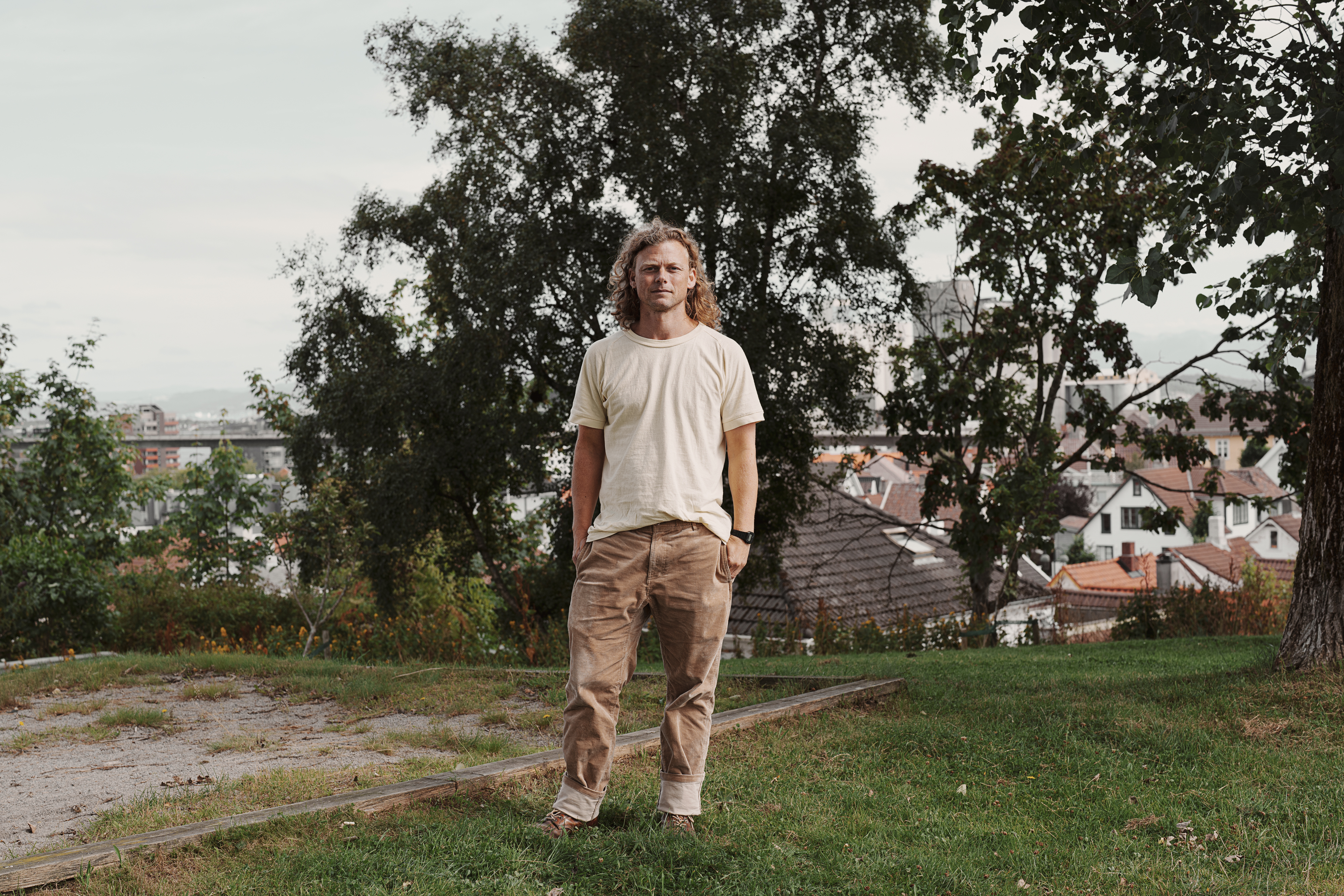The artistic research dance project All Tomorrows Parties by Brynjar Åbel Bandlien aims to investigate the impact that the HIV and Aids pandemic had on the Norwegian dance scene, the performing arts and cultural life in 1980s and 1990s.

HIV and Aids have been, and still is, stigmatized in our society, and many of those infected do not wish to make their status known. How many dancers were infected by the virus, lived with HIV and died of Aids? How many dancers and performers did the Norwegian dance scene lose to Aids during the HIV pandemic? How did these young men dance and how would the dance scene look had they not passed away?
In the first strand of this project Brynjar Åbel Bandlien aims to map out the artistic contribution of the Norwegian male dancers who died from HIV/Aids by interviewing their lovers, colleagues, family members and friends. In the second strand, he wishes to enact dances that these young men could have performed had they not passed away.
My interest of addressing this topic in an artistic research project, is to take the subjective memories of queer art history and make it come alive now by using the power of performance. I am interested to see if conjuring such a moment through dance can both help heal the past and inform the future. But artistically I am curious as to what such a dance may express today, Brynjar Åbel Bandlien says.
"And what costume shall the poor girl wear to all tomorrows parties?"
The Velvet Underground
This project is relevant in an artistic context and in the context of queer art history, but it is also relevant in the context of public health and to the situation of HIV/Aids today. According to the World Health Organization, there were 1,5 million new cases of HIV infection and 690 000 deaths related to Aids around the world in 2020. With All Tomorrows Parties - post-pandemic dancing - the researcher/dancer wishes to address how the dance scene was post to the HIV and Aids pandemic, in the hope that there is less fear, less stigma and that the understanding and empathy have grown post the Covid-19 pandemic.